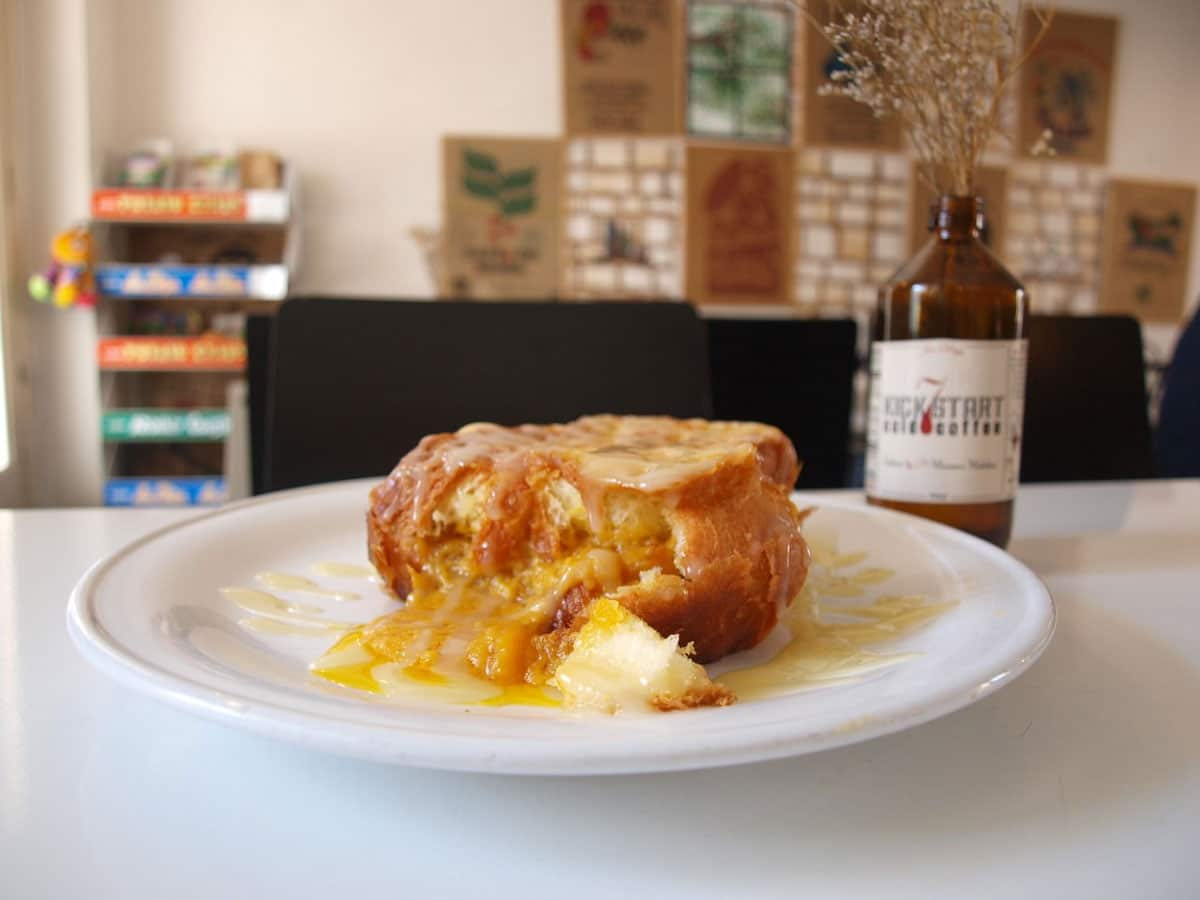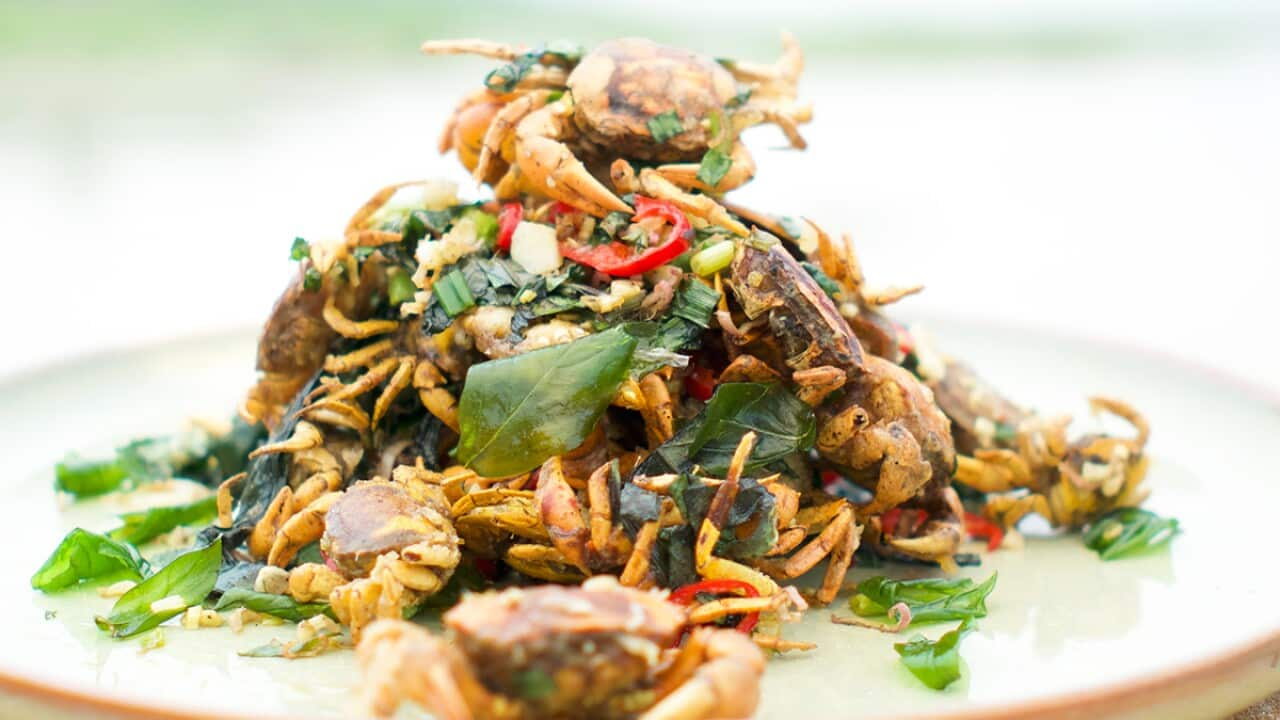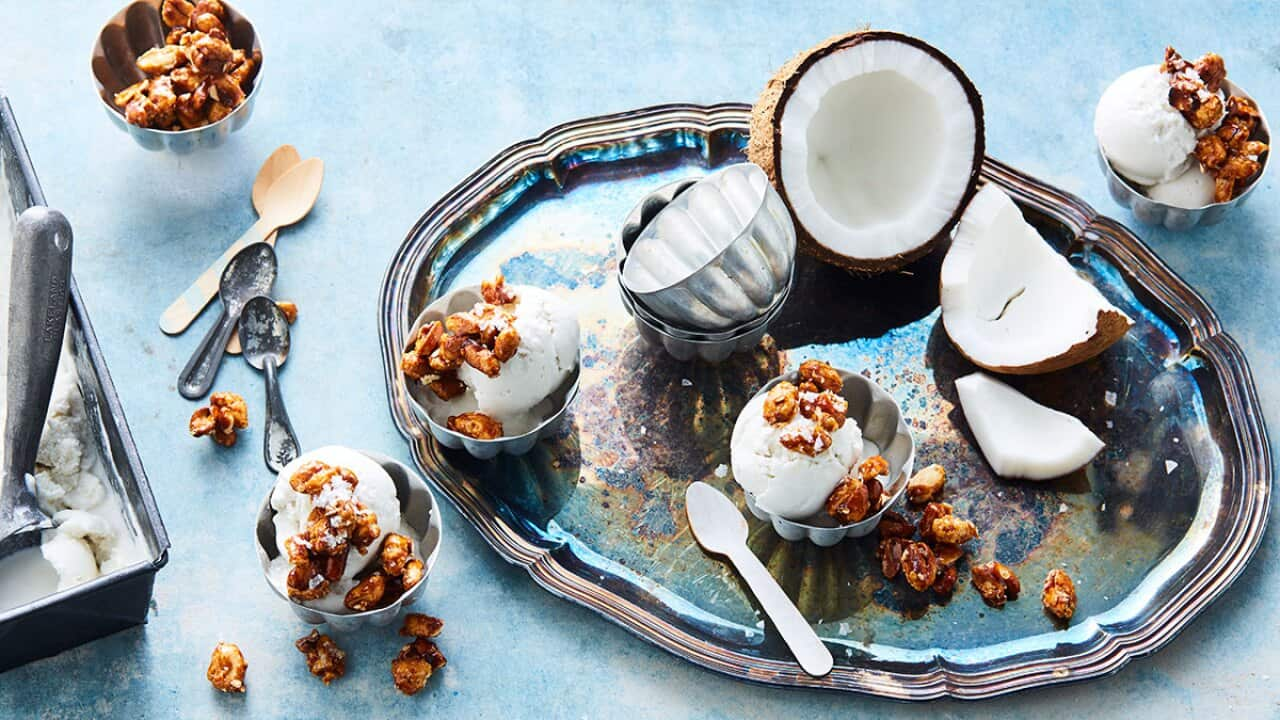My husband had never eaten salted eggs before he met me. Not in Bangladesh and not in Australia, where he has lived. He thought there'd be nothing special about these eggs. Because they're preserved eggs, he assumed they'd just be salty.
However, after I had my first go at making them at home, he couldn't stop having them. I couldn't believe that he ate a whole egg in one mouthful the other day.
"Was it salty, honey?" I asked.
"No, very tasty with rice," he responded.
He just couldn't stop eating them. Salted eggs are traditional Chinese egg products. You can make them using duck eggs or chicken eggs. They are preserved eggs, normally soaked in the brine or packed in a thick layer of salted charcoal paste. In China, my grandparents used to produce them using duck eggs – they were more juicy and fatty. I tried to use the same technique with chicken eggs in Australia, which also worked very well. They were even ready to consume one week earlier than duck eggs.
Salted eggs are traditional Chinese egg products. You can make them using duck eggs or chicken eggs. They are preserved eggs, normally soaked in the brine or packed in a thick layer of salted charcoal paste. In China, my grandparents used to produce them using duck eggs – they were more juicy and fatty. I tried to use the same technique with chicken eggs in Australia, which also worked very well. They were even ready to consume one week earlier than duck eggs.

Salted egg can add flavour to anything – even French toast. Source: Selina Altomonte
Salted eggs can be boiled or steamed once they mature in a jar. You can mix them with plain rice, noodles or congee as a flavouring.
He thought there'd be nothing special about these eggs… However, after I had my first go at making them at home, he couldn't stop having them.
Salted egg yolks are widely used as a side dish and as a filling in traditional Chinese foods. The egg white has a sharp and salty taste. The orange yolk is rich, fatty, and less salty. The yolk is prized and used in Chinese to represent the moon.
As tasty as they are, but I don't recommend eating the whole egg at once. It can be very salty and overpowering. If you have a heart condition, treat salted eggs with caution and make sure not to overconsume this sodium-rich ingredient.
Salted eggs
Makes 10-12
Ingredients
- 4 cups water (1 litre)
- 1 cup salt (280g)
- 5 star anise pieces
- 4 bay leaves
- 10-12 large (organic) duck eggs or chicken eggs
- 2 tbsp cooking wine
Method1. Add 4 cups water to a medium-sized saucepan over high heat and bring to a boil. Add salt, star anise and bay leaves, and stir until the salt dissolves. Remove cooked star anise and bay leaves, and allow the salt solution to cool completely.
2. Rinse eggs and place in a jar with a lid. Set aside.
3. When the salt solution is completely cool, add the cooking wine.
4. Pour the salt solution into the jar containing the rinsed eggs.
5. Cover the jar with the lid and place the jar in a cool spot at room temperature for 4 to 5 weeks.
6. Remove an egg from the brine and crack into a bowl to check its yolk. It is ready once the yolk is a bright yellow-orange colour and is quite firm to the touch. The white should be a little cloudy, but still runny. Alternatively: remove an egg from the brine and place it in a small saucepan covered with cold water. Over medium heat, bring the water to a boil for 15 minutes. The egg is ready if it is salty and the yolk is a bright yellow-orange colour.
7. If the eggs are not ready, leave them in the brine for another week. Once ready, remove all eggs from brine and store in a container in the refrigerator. Consume all salted eggs within a month.
Notes
• Chicken eggs typically take 4 weeks to be ready, while duck eggs should be left in the brine for 5 weeks. After 4 to 5 weeks, use the above tests to see if eggs are ready.







